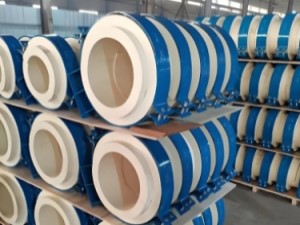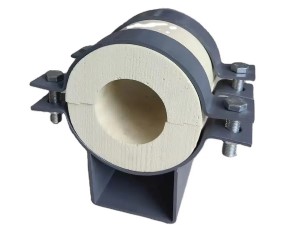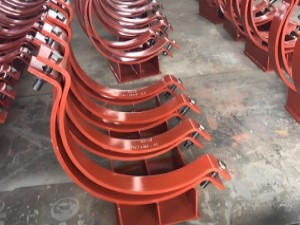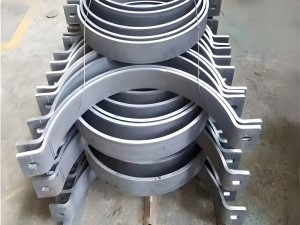LONDON (Scrap Register): The main sea freight index at Baltic Exchange for ships carrying dry bulk commodities down further to 618 points level on Tuesday due to strong panamax and supramax rates.
The Baltic Dry Index, which provides an assessment of the price of moving the major raw materials – such as coal, iron ore and grain – by sea by taking in 23 shipping routes measured on a time charter basis, down by another 8 points to 618 points on Tuesday.
The index is based on a daily survey of agents all over the world. Baltic Dry hit a temporary peak on May 20, 2008, when the index hit 11,793. The lowest level ever reached was on February 10 2016, when the index plummeted to 290 points.BEIJING (Scrap Monster): The trade statistics released by the Taiwan’s Directorate General of Customs for the month of February 2016 indicates sharp decline in iron ore imports by the country.
Lump/Fines
The largest exporter of iron ore lump/fines to Taiwan during February this year was Australia. The imports from Australia totaled 1.042 Million tonnes, accounting for over 87% of the total imports of lump/fines by Taiwan during the month. The import price averaged at $42.7 per ton and the value of imports totaled $44.453 million. The other key import sources were Brazil (78,044 tonnes) and Canada (74,355 tonnes). The lump/fines import by the country has dropped sharply by 30.5% to 1.194 million tonnes relative to the imports during the same month a year before.
Pellets
Brazil was the largest pellet exporter to Taiwan during Feb ’16. The pellet imports from Brazil totaled 175,828 tonnes, accounting for over 82% of the total pellet imports by Taiwan during the month. The other major exporters of pellets to Taiwan were China (38,505 tonnes) and Philippines (15 tonnes). The pellet imports totaled 214,348 tonnes, down considerably by 19% when matched with the imports of 265,042 tonnes during February last year.
The largest exporter of iron ore to Taiwan during February this year was Australia. The imports from Australia totaled 1.042 Million tonnes, accounting for nearly 74% of the total imports by Taiwan during the month. Taiwan’s iron ore imports from Australia dropped in comparison with 1.252 Million tonnes imported during January this year. The price of iron ore import from the country averaged at $42.7 per tonne, marginally higher when matched with the average import price of $41.50 per tonne during the previous month.
The second largest source of iron ore import by the country was Brazil with 253,872 tonnes, dropping considerably when compared with the imports of 396,569 tonnes during the previous month. The average import price declined from $59.5 per tonne in Jan ‘16 to $54.1 per tonne in Feb ’16.
The third largest exporter of iron ore to Taiwan was Canada with 74,355 tonnes. Taiwan’s iron ore imports from China totaled 38,505 tonnes during the month.
Jan-Feb ’16 imports
The cumulative iron ore imports by Taiwan during the initial two-month period of the year totaled 3.058 Million tonnes. The imports during the month were down significantly by nearly 32% when matched with the imports of 4.480 Million tonnes during the corresponding period last year. The price of imports dropped sharply by 43% from $80.7 per ton to $46 per ton. The key exporters of iron ore to Taiwan during Jan-Feb ’16 were Australia (2.294 Million tonnes), Brazil (650,441 tonnes), Canada (74,355 tonnes), China (38,505 tonnes) and Philippines (781 tonnes).





